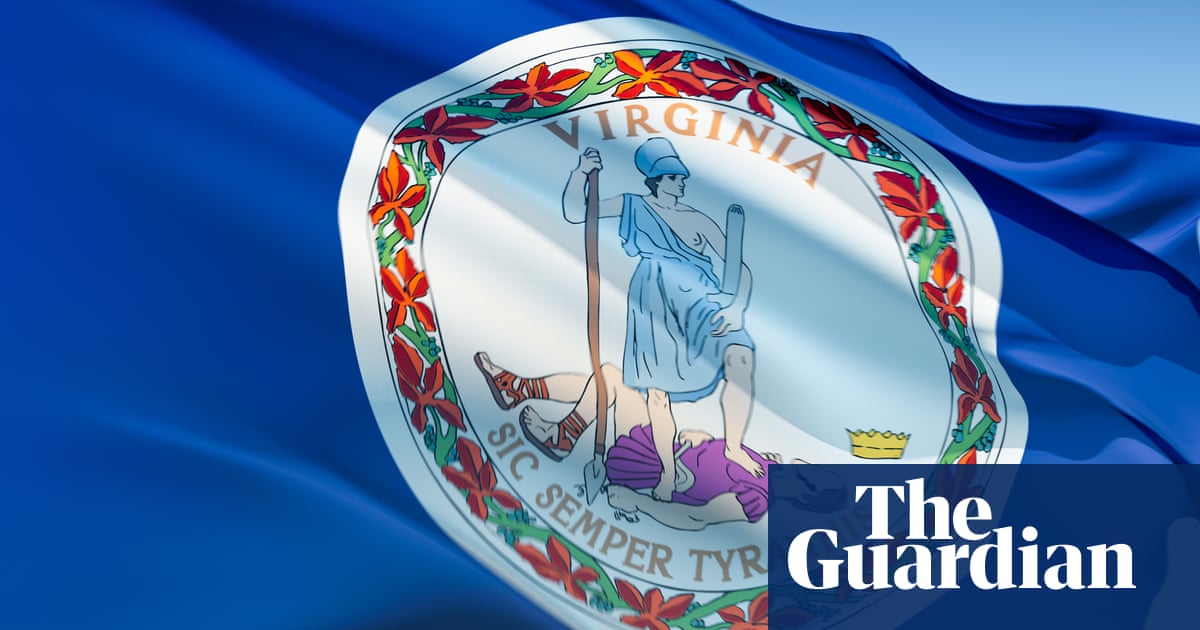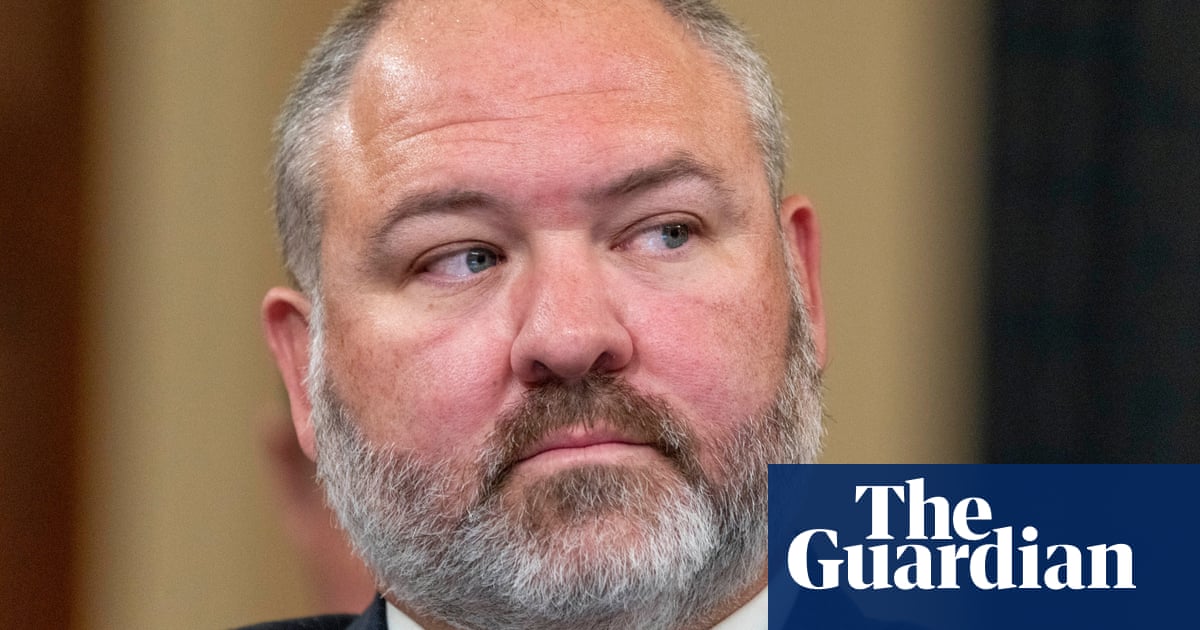This week’s supreme court judgment will have significant implications across policy areas from sport, to prisons and the NHS. It will also impact how smaller organisations manage single-sex spaces and services.
The Equality and Human Rights Commission has said it will publish a new statutory code of practice by the summer, so that it can offer advice to public bodies and organisations about how they may need to revise their policies.
The supreme court was asked to decide on the proper interpretation of the 2010 Equality Act, which applies across Britain. The unanimous judgment that a woman is defined by biological sex under equalities law should add clarity to a number of disputes over single-sex spaces.
Sport
Lady Kishwer Falkner, the chair of the Equality and Human Rights Commission, said the impact of the ruling on sport was “enormously consequential” and confirmed that it was the “correct interpretation” to conclude that those born as men could not take part in women’s sport. She said sports organisations should now read the judgment. “It does bring clarity and helps them decide what they should do,” she said.
The president of World Athletics, Sebastian Coe, welcomed the ruling, adding that it removed legal uncertainty. “It protects women in places that really matter in sport, whether it’s safe spaces, changing rooms or conduct in and around the field of play,” he said.
In the ruling, Judge Lord Patrick Hodge made it clear that some of the Equality Act’s provisions would only function properly if sex is interpreted as biological sex, and he named “women’s fair participation” in sport as one relevant area. The use of people’s “certificated sex”, acquired by a gender recognition certificate (GRC) rather than their biological sex in sport had led to an “absence of coherence” and “practical problems”, he said.
The supreme court ruling looks at how women would be disadvantaged because of their sex in a sport that is “gender affected” such as boxing, if they found themselves competing against biological males. “Women’s average physical strength, stamina and/or physique will disadvantage them as competitors against average men in a boxing match,” the judgment notes.
Many of the UK’s sport governing bodies have already adopted clear policies banning athletes who were born male from participating in female events. But some sports, including football, allow trans women to compete against and alongside biological women, if they meet reduced testosterone level requirements.
Refuges and rape crisis centres
Elizabeth McGlone, an employment discrimination solicitor and managing partner at didlaw, said refuges would have to review their policies if they wanted to state that they were offering single-sex services and spaces to clients.
“There has been a dilution of single-sex services by virtue of organisations having trans inclusion policies. This ruling will give organisations the confidence to say that we are offering this service only to biological women,” McGlone said. “The judgment gives reassurance to organisations that wanted to describe themselves as single-sex, that they can validly exclude people under the Equality Act.”
The ruling said that if “sex” did not only mean biological sex in the 2010 Equality Act, providers of single-sex spaces would face “practical difficulties”, adding: “If as a matter of law, a service provider is required to provide services previously limited to women also to trans women with a gender recognition certificate (GRC), even if they present as biological men, it is difficult to see how they can then justify refusing to provide those services also to biological men and who also look like biological men.”
The charity Refuge said it would not be changing its policies. “We remain firmly committed to supporting all survivors of domestic abuse, including trans women,” Gemma Sherrington, Refuge’s chief executive, said in a statement.
NHS
A review of NHS services will be required because previous guidance advised that trans patients should be accommodated according to their gender identity. NHS managers will now need to ensure they are recording patients’ biological sex. Lady Falkner expressed impatience at the NHS’s sluggish response. “We’ve been talking to the health service for an inordinately long time, and they keep telling us they’re going to produce new guidance. We will now be asking them when they expect to produce that new guidance,” she said. “They now have clarity. They can start to implement the new legal reasoning.”
The health minister, Karin Smyth, said trans patients should feel reassured that their rights “remain enshrined in the Equality Act” and that they would “have their dignity and privacy respected” in healthcare settings, but she added: “This law was about women’s rights and rights under the Equality Act for sex and for service providers making sure they are compliant with that.”
An NHS spokesperson said: “The NHS is currently reviewing guidance on same sex accommodation and as part of this process, will consider and take into account all relevant legislation and today’s ruling.”
Changing rooms
Lady Falkner said the ruling made it clear that single-sex services such as changing rooms must be based on biological sex, but she added that there was no legal requirement for organisations to provide single-sex services.
“If a male person is allowed to use a women-only service or facility, it isn’t any longer single-sex, then it becomes a mixed-sex space. But there’s no law that forces organisations and service providers to provide a single-sex space, and there is no law against them providing a third, additional space, such as unisex toilets, for example, or changing rooms.”
Sandie Peggie, a nurse working for NHS Fife is taking legal action against her employers, saying she was subject to unlawful harassment under the Equality Act when she was expected to share a changing room with a trans woman. A Newcastle employment tribunal is examining a claim filed by five nurses at Darlington memorial hospital who have complained about the use of a single-sex changing room by a trans colleague. It is not clear whether the supreme court ruling will have an impact on either case.
Michael Foran, a legal academic at Glasgow university, said that although the supreme court ruling had no direct legal bearing on the case, it might encourage NHS Fife to consider settling the claim.
Toilets
Falkner said: “I think the law is quite clear that if a service provider says ‘we’re offering a women’s toilet’, trans [women] should not be using that single-sex facility.”
Peter Byrne, the head of employment law at Slater and Gordon, said trans employees may now find that they were asked to use disabled toilets in organisations where there were no gender neutral facilities. He said that while previously an employee might have been asked which toilet they felt comfortable using, “that option is probably going to disappear”.
Emma Bartlett, a partner and diversity, equality and inclusion lead at law firm CM Murray, said many organisations had been guided by the LGBTQ+ charity Stonewall on being trans inclusive and may now have to revisit their policies. In business settings there is no legislative framework dictating how toilets should be organised, she added. “It’s about common sense and politeness. There’s nothing that now requires an employer to say: only women can use that toilet, and only men can use this toilet, and trans people cannot use either of those toilets,” she said. But she acknowledged that trans women may worry that they could be challenged.
“You can see that a trans woman using a woman’s toilet could now be told that she couldn’t use that on the basis that she’s not a woman. You might find people who are against trans women using a female-designated toilet in public places being emboldened by the decision of the supreme court to speak out, and that will create a very difficult situation for a trans woman.”
Lesbian-only organisations
Lord Hodge said the judgment recognised the concerns of lesbian women who he said “have historically suffered marginalisation because of their sexual orientation”, and who had highlighted the anomalies that would adversely affect them if the word sex was “interpreted as certificated sex rather than biological sex”.
Kate Barker, the chief executive of the LGB Alliance, a charity for same-sex attracted people, which intervened in the case, said the ruling marked a “watershed for women and, in particular, lesbians who have seen their rights and identities steadily stolen from them over the last decade,” she said. “The ruling confirms that the words ‘gay’ and ‘lesbian’ refer to same-sex sexual orientation and makes it absolutely clear that lesbians wishing to form associations of any size are lawfully entitled to exclude men – whether or not they possess a GRC,” said Barker.
Prisons
Prison services will have to revise their policies on where trans prisoners are held as a result of the ruling.
In recent decades, prison policy has evolved in recognition that some trans prisoners who present as women can be vulnerable when they are held in male prisons. Some feminist campaigners have argued that the parallel vulnerability of women in prisons has not been prioritised. In some cases, prisons have allowed inmates to self-identify their gender without requiring a GRC, opening up the potential for exploitation of the system.
Decisions to house violent sex offenders in the female estate have periodically led to national debate. In 2018, the convicted paedophile and rapist Karen White, a 52-year-old trans woman, sexually assaulted two inmates at the female prison where she was being held. In 2023 Isla Bryson, a transgender double rapist, was initially sent to a female prison in Scotland, before being moved to a male facility less than 72 hours later. Last week, it was reported that a trans prisoner, Paris Green, who is serving a life sentence for murder, was still being housed in the women’s wing at Polmont prison in Falkirk, after admitting assaulting a female officer.
A Scottish Prison Service spokesperson said: “We have received the supreme court’s judgment and are considering any potential impact it may have.” Prison policy is different in England and Wales. Sources said that Ministry of Justice officials were still digesting the judgment. A solution may be to house particularly vulnerable trans identifying prisoners separately from the general prison population.
Data collection
Confusion regarding the legal position on gathering data has posed a barrier to collecting data on sex for some organisations. There has been concern that data that includes certificated sex, rather than biological sex has distorted analysis of some social and medical issues.
A government-commissioned review on this issue published last month said: “Sex is a key demographic variable and collecting high quality, robust data on sex is critical to effective policymaking across a wide range of fields, from health and justice to education and the economy. It enables policymakers to measure and address disparities between women and men, and girls and boys. The government has a strong interest in promoting high-quality data on sex, both in its role as a funder of research and as a producer and user of statistics.”
The report’s authors have welcomed the ruling, noting that organisations will be more likely to collect data on actual sex, without fearing that this is unlawful.

 1 day ago
14
1 day ago
14













































